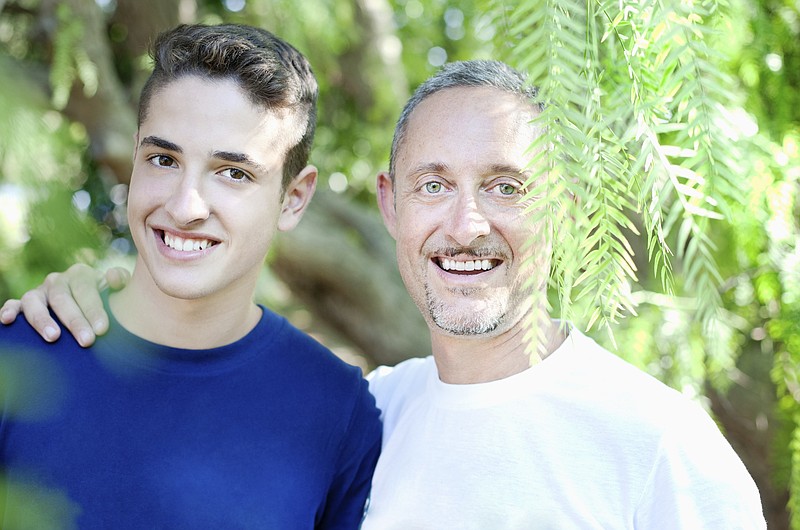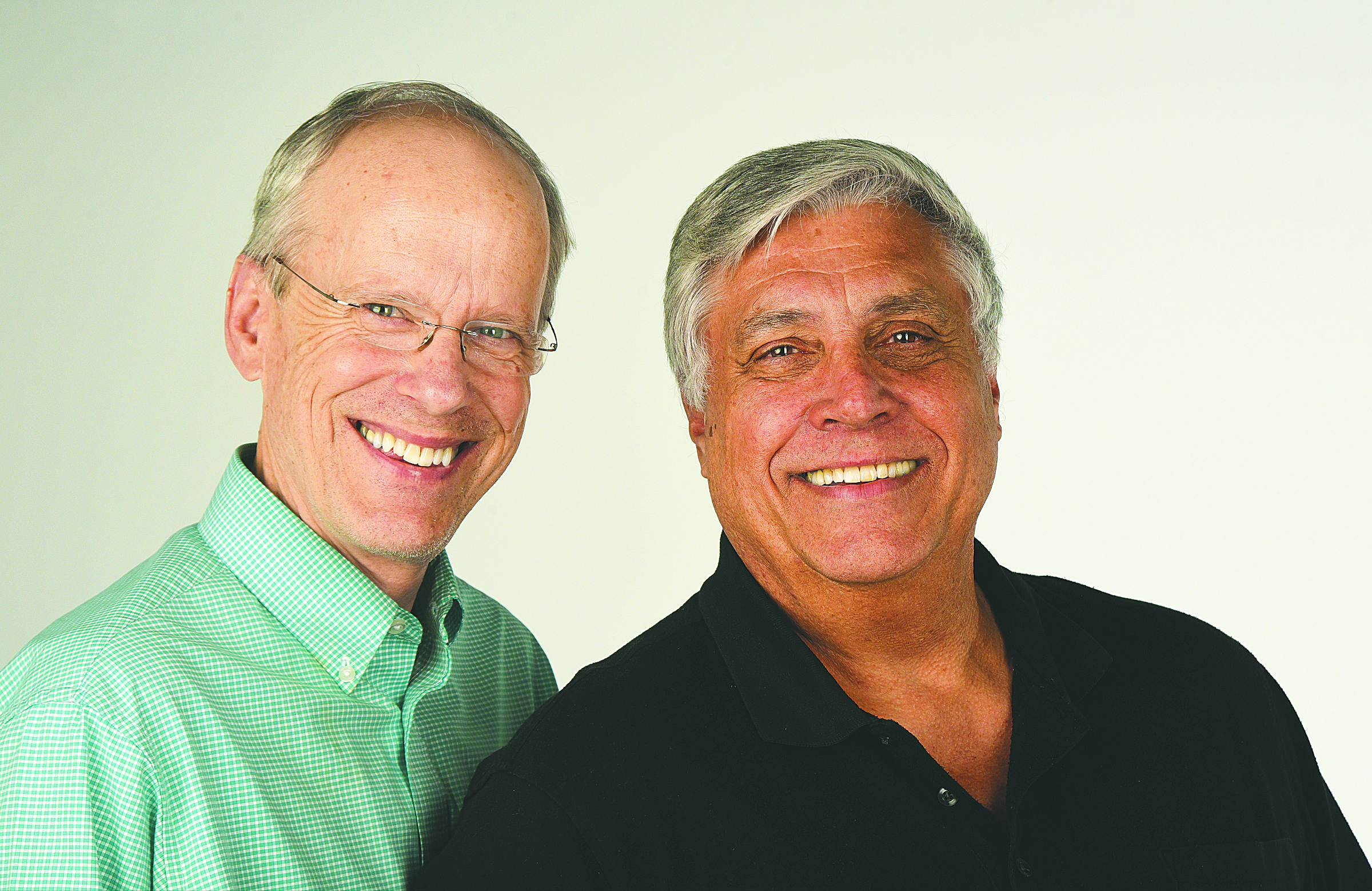Communication is a complicated process, which explains why, perhaps, it seems to be the basis for most of the problems in politics, companies, schools, churches and certainly families. We're all guilty of - and here's a $10 word - obfuscation.
Other words and phrases that mean the same thing include muddying the waters, evading, talking in circles and stonewalling. If we don't want to answer but have to come up with something, we often become our most creative.
"Tommy, did you take cookies out of that jar?"
"Uh, I saw the jar on the table, Mom, and I was hungry. But I knew you made them for your club meeting. I sure wish I was in your club."
"Billy, did you tell the truth?"
"I'm pretty sure I did, Dad. I know how important it is to be honest - you taught me that. I always try to do what I think you want me to do."
Yada yada yada
Those are simple examples that don't carry heavy-duty consequences ... unless talking in circles becomes a habit and carries over into more serious issues. We see politicians of all persuasions give guarded answers. When they finish their explanation, we're left asking, "What in the heck did she just say?"
Politicians, like others, are also adept at not answering at all. They ignore the questions as if they have gone deaf - or they jump to another subject as if the original query was never asked. We have come to expect obfuscation in nearly every aspect of life - from politics to sales, from the courtroom defendant to the physician.
Kids pick up signals
It should not be that way in the family. Children hear what their parents say. They know when Mom or Dad is trying to get rid of someone on the phone and some excuse is created. They overhear Mom and Dad when they are talking their way out of accepting an invitation. They also understand when grown-ups say one thing and do another - or utter two statements that are contradictory.
Listen, learn and share
Children also learn from stone-cold silence - when Mom and Dad are not talking to each other. They also pick up on body language that expresses anger or inattention or poor listening. Parents, it's all about what you say and don't say that teaches your kids how to ignore someone, hurt someone's feelings, lie about something or suddenly change the subject altogether. And that kind of obfuscation carries over into other areas outside the home and family.
Kids need to see and hear their parents talk with kindness and respect. We all rely on one another to listen and learn as well as share ideas. Dad, if you're the strong, silent type who feels he doesn't need anyone else help him make decisions, your children may react the same way. And you won't like that. We gain strength by accepting support and reinforcement from others.
Tom Tozer and Bill Black are authors of "Dads2Dads: Tools for Raising Teenagers." Like them on Facebook and follow them on Twitter at Dads2Dadsllc. Contact them at tomandbill@Dads2Dadsllc.com.

